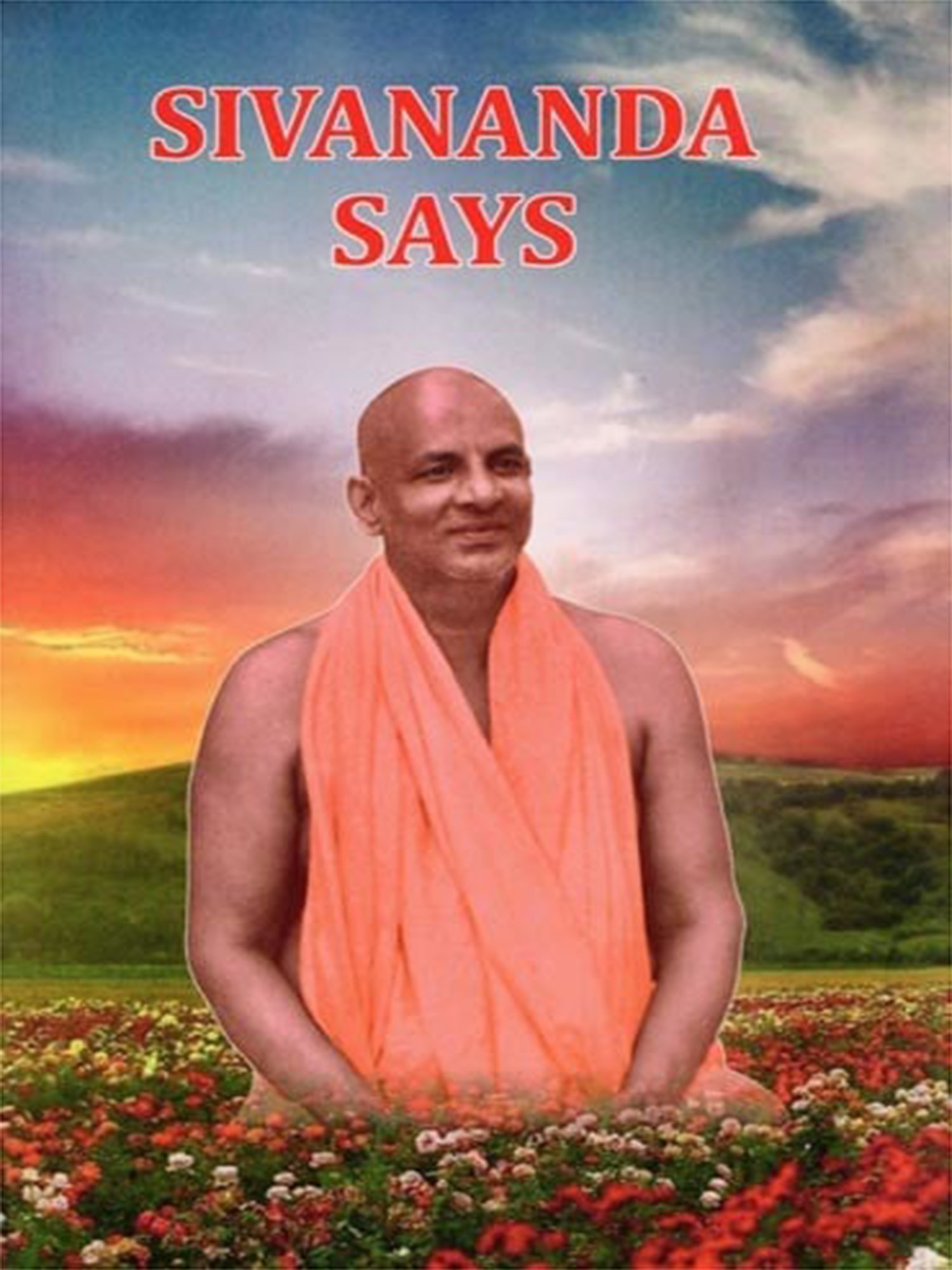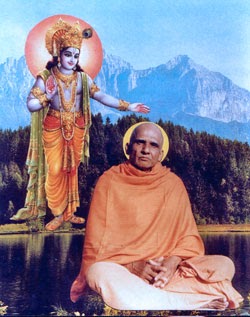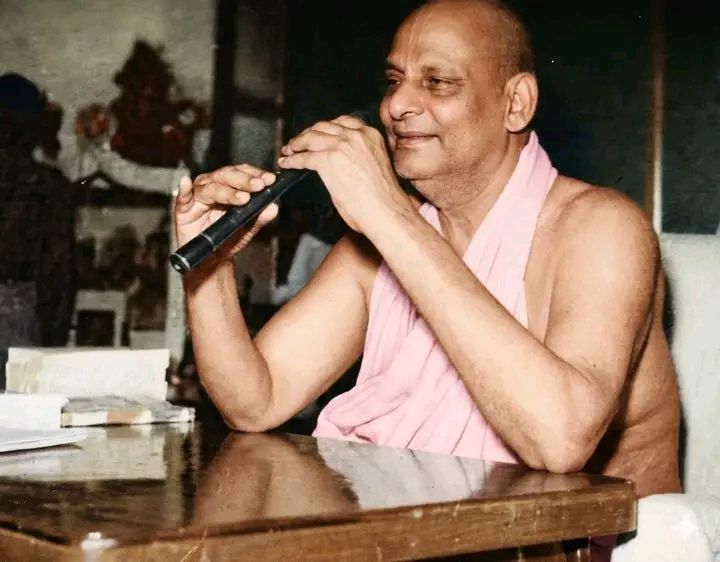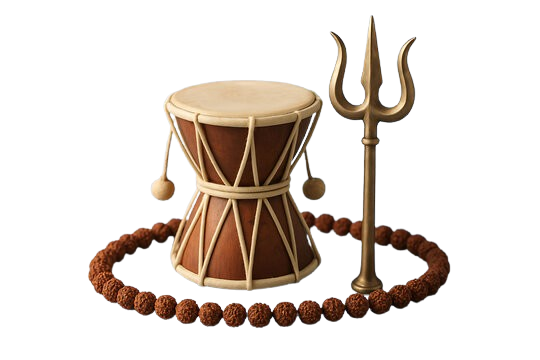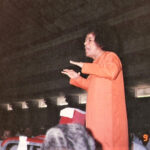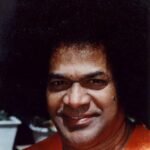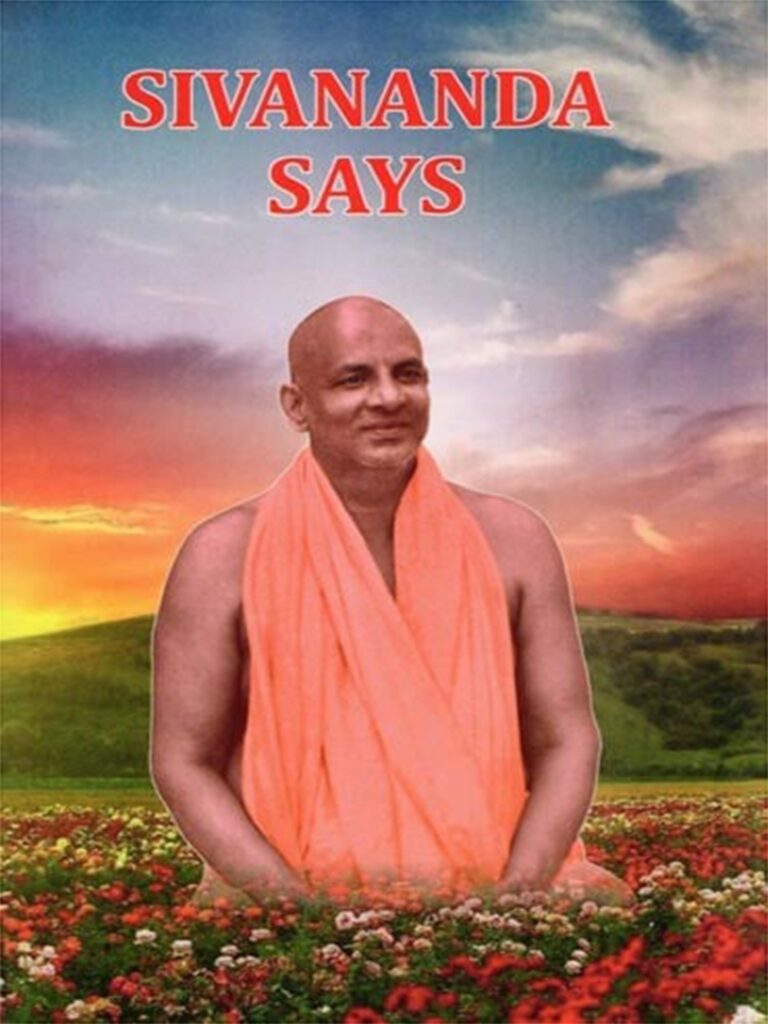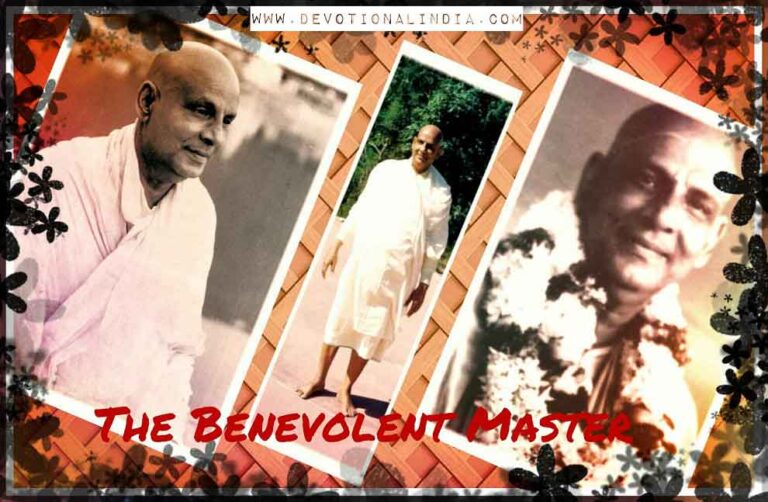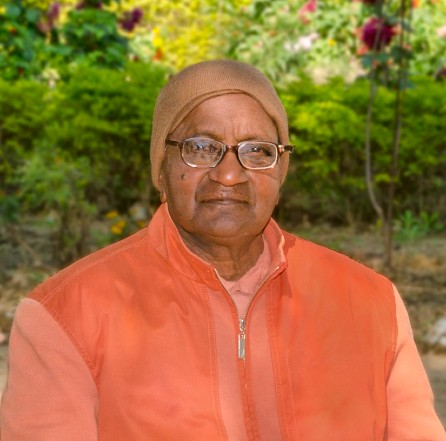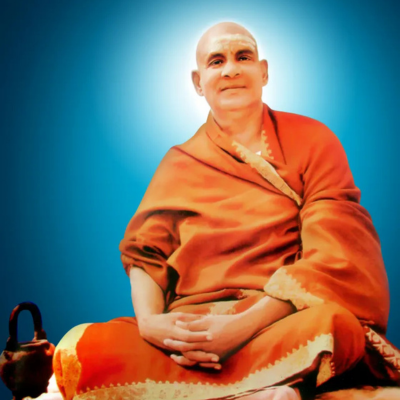Vidya Vahini
Vidya Vahini
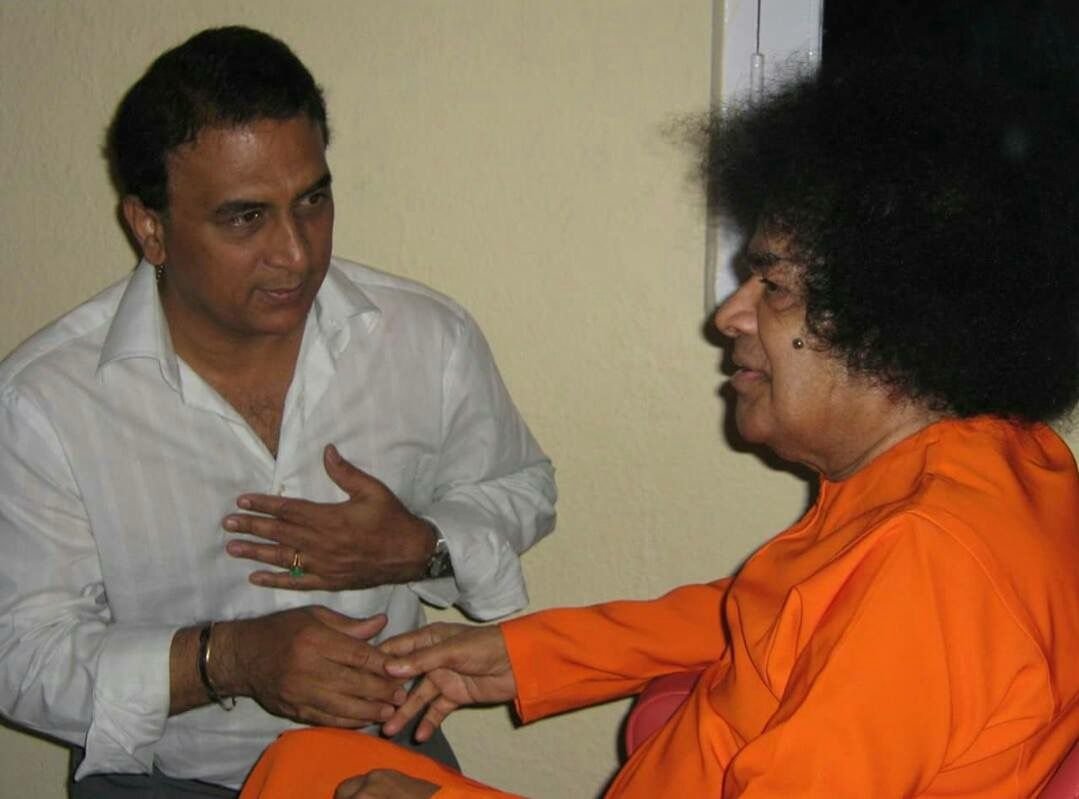
Among the many Vahinis written by Bhagawan Sri Sathya Sai Baba, Vidya Vahini is particularly relevant to modern society, for it addresses the role of education in shaping individuals and nations. In an age of rapid scientific advancement and material progress, education has often been reduced to the mere acquisition of information and skills for livelihood. Baba, however, redefines education as a sacred process of awakening the inner divinity of man. In this Vahini, He lays down the principles of true education, which He calls Educare—drawing out what is already latent within the human being.
The central message of Vidya Vahini is that education must lead to transformation of the heart and character, not just the sharpening of intellect. Baba explains that worldly knowledge (apara vidya) equips man to earn a living, but it is higher knowledge (para vidya) that enables him to live rightly. Without this balance, education becomes dangerous: it produces cleverness without compassion, power without morality, and progress without peace. Baba points out that the unrest and moral decline of modern times stem not from lack of information but from lack of values. Therefore, the first and foremost aim of education should be to cultivate virtues—truth, righteousness, peace, love, and nonviolence.
Baba makes a crucial distinction between knowledge and wisdom. Knowledge is accumulation; wisdom is assimilation. Knowledge fills the mind with facts; wisdom purifies the heart and guides action. The educated person, in the true sense, is not the one who knows many subjects but the one who practices self-control, speaks the truth, serves others, and sees the unity of life. Thus, Vidya Vahini declares that “education is for life, not merely for a living.” It is not enough to train the head; the heart and hands must also be trained. Head, heart, and hand—thinking, feeling, and doing—must be harmonized.
A striking emphasis in the text is the role of teachers. Baba elevates the teacher’s profession to one of sacred responsibility. A true teacher is not merely an instructor but a role model whose character silently teaches more than his words. Students may forget lessons but will never forget the example of a teacher’s integrity, compassion, and selflessness. Baba warns that a teacher without values cannot inspire values, just as a lamp without flame cannot give light. Therefore, He calls upon teachers to embody the virtues they wish to instill, to see teaching as a spiritual service, and to regard every child as a reflection of God.
In Vidya Vahini, Baba also redefines the role of students. He explains that the student stage of life is a sacred period for building the foundation of character. Students must cultivate discipline, humility, respect for elders, and dedication to truth. They should use their energy not in reckless pursuits but in self-control and service. Baba cautions that youth is easily swayed by passions and distractions; hence it must be guided with love and firmness. The goal of student life is not merely to secure employment but to become a responsible, virtuous, and compassionate human being.
The text places great importance on value-based education. Baba insists that values are not to be taught as separate subjects but woven into every aspect of learning. Science must be tempered with humility, history with moral lessons, and literature with ideals of love and sacrifice. Even mathematics and language can be vehicles for teaching accuracy, clarity, and truth. Education that ignores values, He warns, is like a tree without roots: it may grow tall, but it cannot withstand storms. Values are the roots of human life, nourishing every action with strength and stability.
Baba also speaks about the relationship between education and society. Education, He says, is not private property; it is a trust for the welfare of all. The educated individual has a responsibility to use his knowledge for the uplift of society, not merely for personal gain. An engineer must serve the poor through affordable innovations; a doctor must treat the sick with compassion; a lawyer must uphold justice rather than exploit loopholes. When education is divorced from social responsibility, it becomes self-centered and destructive. When guided by values, it becomes an instrument of harmony and progress.
Another profound aspect of Vidya Vahini is its connection to spirituality. Baba explains that the ultimate purpose of education is to reveal the unity of the Atma in all beings. True learning culminates in self-knowledge, the realization that “I am the Atma, not the body or mind.” This recognition removes selfishness and fosters universal love. Education should therefore train not only the intellect but also the conscience, so that every decision is guided by inner awareness. Baba insists that spirituality is not separate from education but its crown. Without spirituality, education remains incomplete.
Baba introduces the idea of Educare—to “draw out” rather than “put in.” He explains that values are not imported from outside; they are innate, present in every heart as divine qualities. The role of education is to bring them out, like polishing a diamond to reveal its brilliance. Teachers must help students discover their inner strength, truth, and love, rather than burdening them with mere facts. This concept revolutionizes the philosophy of education, shifting the focus from external information to inner transformation.
The Vahini also addresses the challenges of modern education. Baba critiques the obsession with examinations, competition, and careers, which often leave students anxious, restless, and alienated. He observes that knowledge without balance leads to arrogance, while competition without compassion breeds selfishness. To correct this imbalance, He advocates cooperative learning, community service, and integration of spiritual practices like prayer, meditation, and silence in schools. These practices calm the mind, nurture unity, and prepare students to face life with equanimity.
Service (seva) is presented as an integral part of education. Baba explains that true learning expresses itself in selfless service to others. Knowledge that does not translate into compassion is sterile. Students must engage in helping the poor, teaching the illiterate, caring for the sick, and protecting the environment. Through service, they learn humility, empathy, and the joy of giving. Baba affirms that service is not a distraction from studies but the crown of education, making knowledge alive and meaningful.
In its style, Vidya Vahini reflects Baba’s clarity and practicality. He does not indulge in complicated theories of pedagogy but speaks directly to teachers, students, and parents about their responsibilities. He uses simple metaphors: a seed must sprout and grow into a tree, a lamp must be lit to give light, a mirror must be polished to reflect clearly. Such images make profound truths easy to grasp and apply.
Ultimately, Vidya Vahini is not just about schools and colleges but about the education of humanity. Every stage of life is a classroom, every person is both student and teacher, and every experience is a lesson. Education does not end with degrees; it continues until man realizes his divine nature. The true graduate is the one who has mastered himself—who is free from greed, hatred, and fear, and who radiates love, peace, and joy.
In conclusion, Vidya Vahini offers a holistic vision of education as the blending of knowledge, skills, values, and spirituality. It calls upon teachers to be role models, students to be disciplined seekers, and society to support education rooted in values. It declares that the ultimate aim of learning is not merely livelihood but liberation—the realization of one’s oneness with God. In this light, every school becomes a temple, every classroom an altar, and every lesson a step toward self-discovery. Baba’s words resound with urgency and hope: only when education is transformed into Educare can humanity find peace, harmony, and true progress.
Thus, Vidya Vahini is both a scripture and a roadmap, guiding individuals and societies to build a world where knowledge is illumined by wisdom, and wisdom is crowned by love.












